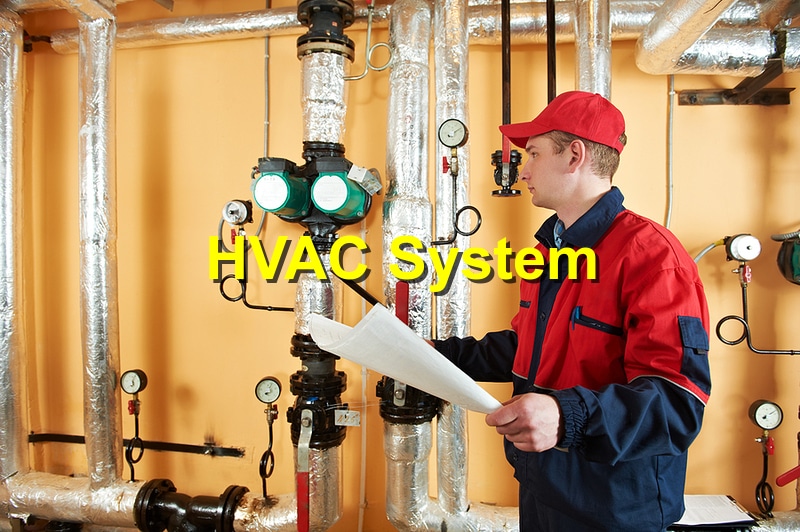Indoor air quality is profoundly influenced by HVAC (Heating, Ventilation, and Air Conditioning) systems, impacting the health and comfort of occupants. Here’s a closer look at the correlation between HVAC systems and indoor air quality:
1. Air Filtration and Purification: HVAC systems filter and purify indoor air, removing particles like dust, allergens, and pollutants. High-quality filters efficiently trap contaminants, improving overall air quality.
2. Ventilation and Air Exchange: Effective ventilation systems facilitate air exchange, ensuring a constant flow of fresh outdoor air while expelling stale indoor air. This process minimizes indoor pollutants and enhances air quality.
3. Humidity Control: Maintaining optimal humidity levels prevents mold growth and the accumulation of moisture, essential for preventing respiratory issues and maintaining superior air quality.
4. Removal of VOCs and Harmful Gases: HVAC systems equipped with proper filtration mechanisms can reduce volatile organic compounds (VOCs) and eliminate harmful gases, contributing to healthier indoor environments.
5. Regular Maintenance and Inspections: Scheduled HVAC maintenance, including filter replacements and professional inspections, is imperative to sustain optimal system performance and ensure superior indoor air quality.
6. Impact on Health and Well-Being: Improved indoor air quality due to well-maintained HVAC systems significantly enhances occupants’ health, reducing the risks of allergies, respiratory illnesses, and other health concerns.
7. Energy Efficiency and Air Quality: Energy-efficient HVAC systems not only reduce energy consumption but also contribute to maintaining better indoor air quality by effectively filtering and circulating air.
8. Enhanced Comfort and Productivity: A well-regulated indoor environment resulting from properly functioning HVAC systems fosters comfort and enhances productivity by creating a conducive workspace or living area.
9. Airborne Pathogens Control: HVAC systems play a role in controlling airborne pathogens like bacteria and viruses, creating a safer and healthier indoor environment for occupants.
In summary, the impact of HVAC systems on indoor air quality is profound. Routine maintenance, proper ventilation, efficient filtration, and humidity control are essential aspects that contribute to superior indoor air quality. Investing in quality HVAC systems and adhering to regular maintenance schedules is fundamental in ensuring a healthy and comfortable indoor environment for occupants.
References: Einstein Pros, Royalservicecut

